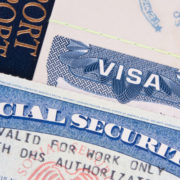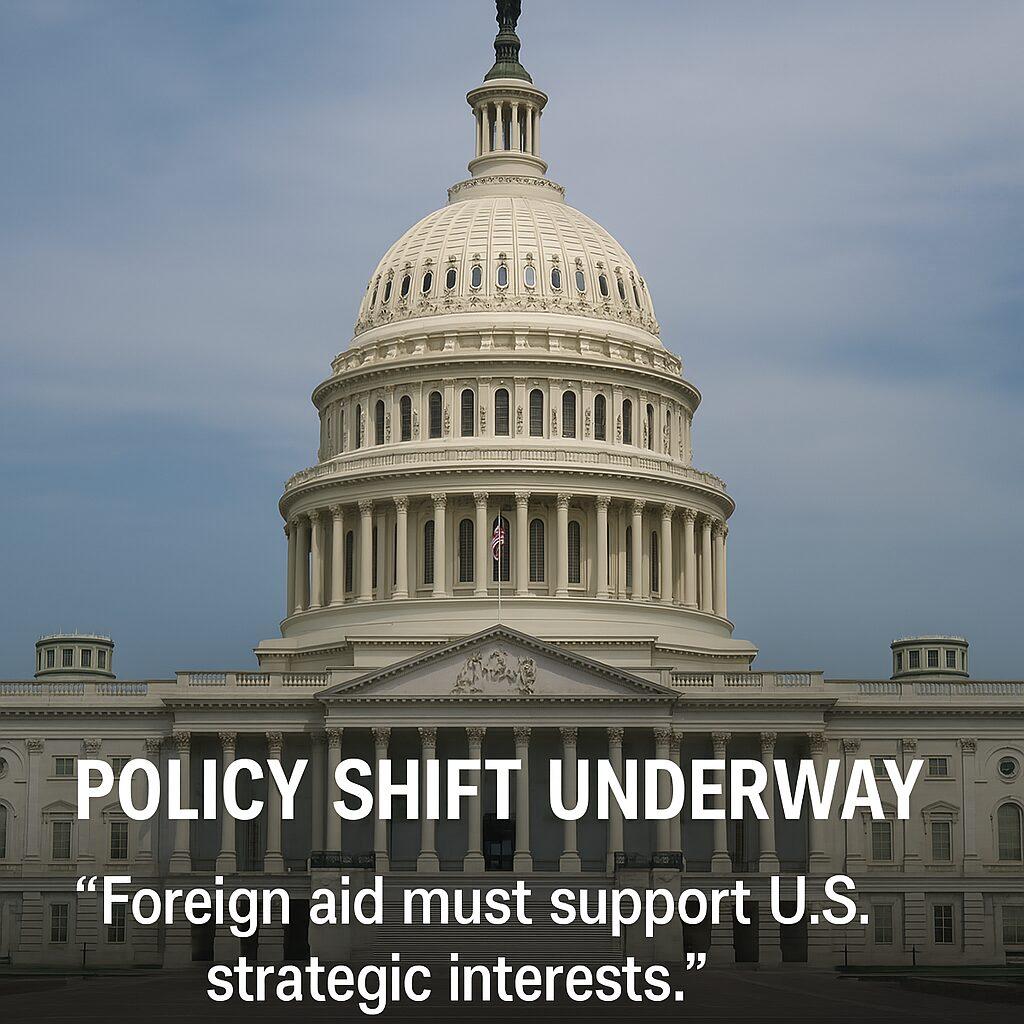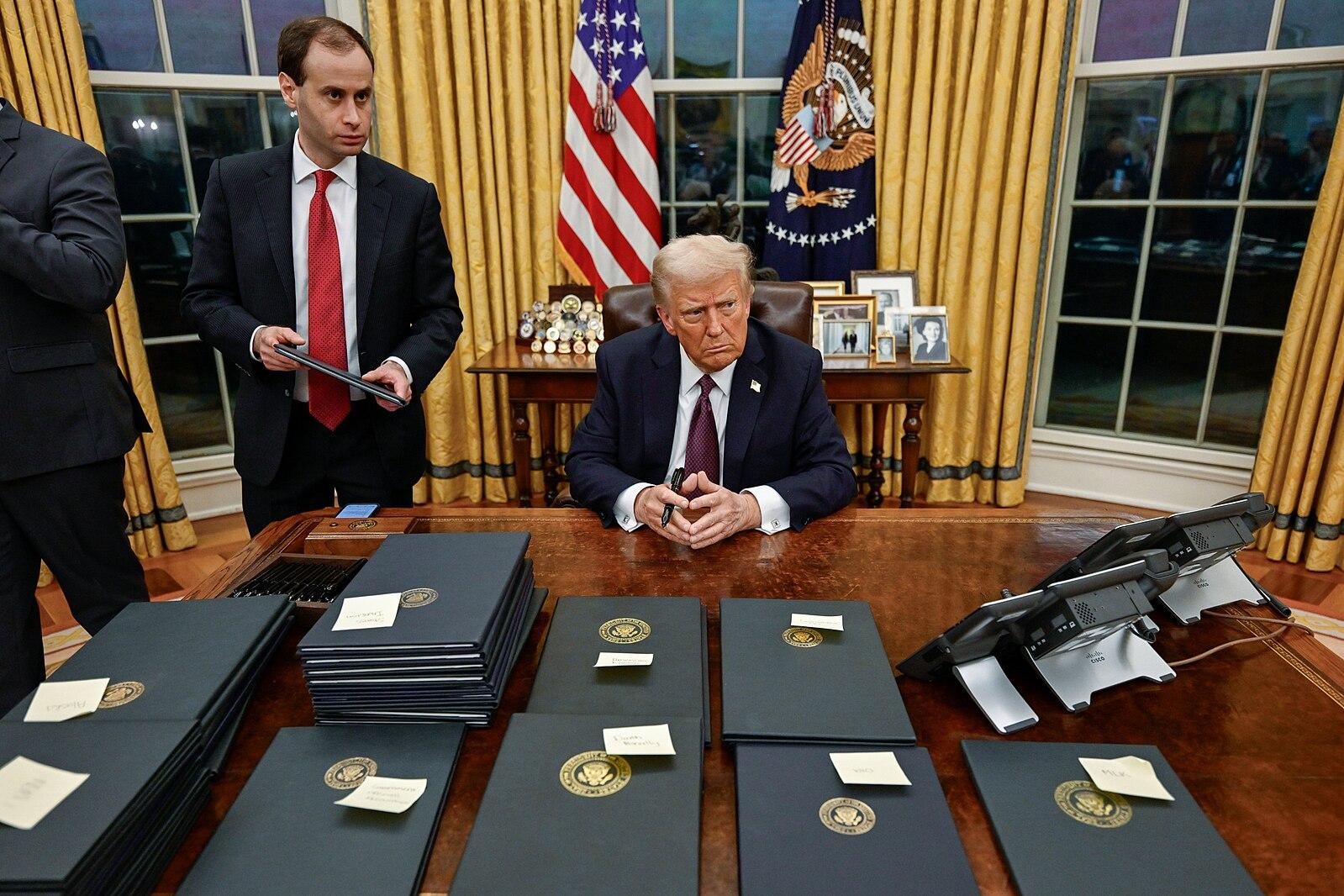CERTAIN foreign workers will be barred from seeking employment in the United States as President Donald Trump on Monday, June 22 signed an executive order that places a temporary freeze on work visas through the end of the year.
Those affected include the H-1B visas for tech workers, H-2B visas for low-skill jobs, H-4 visas for spouses of certain visa holders, J visas for those in work and student exchange programs and L visas for “intracompany transfers.”
According to a White House proclamation, the administration would be “moving to a merit-based immigration system” but the president also cited the economic downturn caused by the COVID-19 pandemic as a reason to preserve jobs for Americans.
“American workers compete against foreign nationals for jobs in every sector of our economy,” the White House wrote, adding that the “economic shocks” reverberating across the country are “likely [to] require several months to return to” pre-pandemic economic output.
The suspension announced on Monday follows the abrupt halting of visas for certain family members of green card holders, which was placed on April 22 and was also a response to the pandemic. Those working in essential industries, like health care, medical research, food processing and university professors, however, were exempt from that measure.
Though the suspension is temporary, the White House proclamation also noted that it would direct the departments of Homeland Security, State and Labor to draft offshoot regulations that will provide more permanent action that the administration hopes will lead to a “merit-based system.”
These changes would affect a great number of workers including hospitality workers but will also end permits for many asylum seekers and those hoping to contend in the lottery system for H-1B visas.
Without providing clear projections, the White House says that 525,000 “American jobs” will be saved by these measures.
But CEOs and workers at major tech companies such as Amazon, Apple, Google, Microsoft, Uber, Twitter and Box say that the new measures do more to harm the U.S. economy than save it, denouncing the president’s freeze as “unbelievably bad policy” that would undermine American competitiveness.
Silicon Valley reacts
Tech companies routinely rely on H-1B visas to recruit computer engineering from other countries, a tactic that has hoisted Silicon Valley as the capital of tech innovation. Each year, the U.S. offers about 85,000 H-1B visas each year, and according to Business Insider, Google and Amazon each received roughly 9,000 H-1B visa applications.
Microsoft President Brad Smith wrote in a statement, “Now is not the time to cut our nation off from the world’s talent or create uncertainty and anxiety. Immigrants play a vital role at our company and support our country’s critical infrastructure. They are contributing to this country at a time when we need them most.”
Mirroring Smith’s statement, Apple CEO Tim Cook took to Twitter to express disappointment “by this proclamation,” saying that, “Like Apple, this nation of immigrants has always found strength in our diversity, and hope in the enduring promise of the American Dream. There is no new prosperity without both.”
Jessica Herrera-Flanigan, Twitter’s vice president of public policy and philanthropy for the Americas, said in a statement that the “proclamation undermines America’s greatest economic asset: its diversity. People from all over the world come here to join our labor force, pay taxes and contribute to our global competitiveness on the world stage.”





